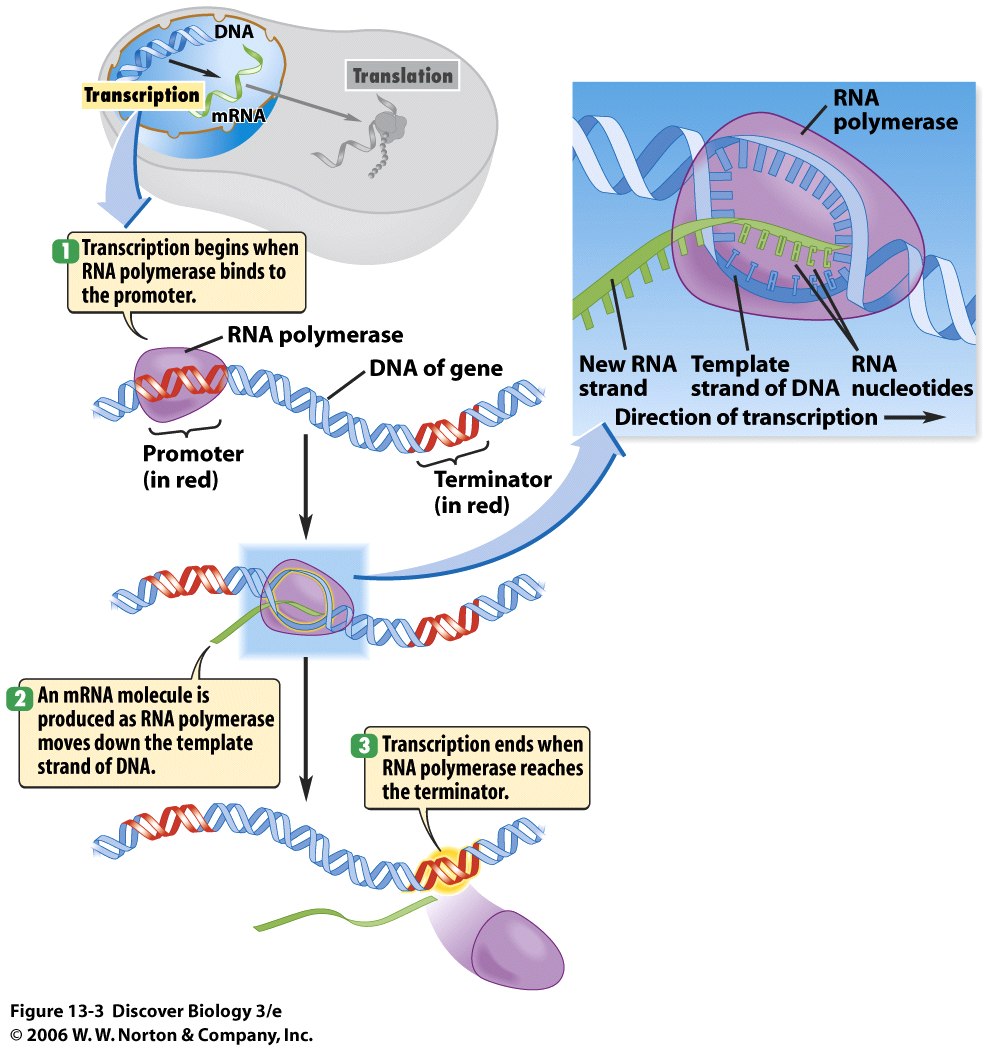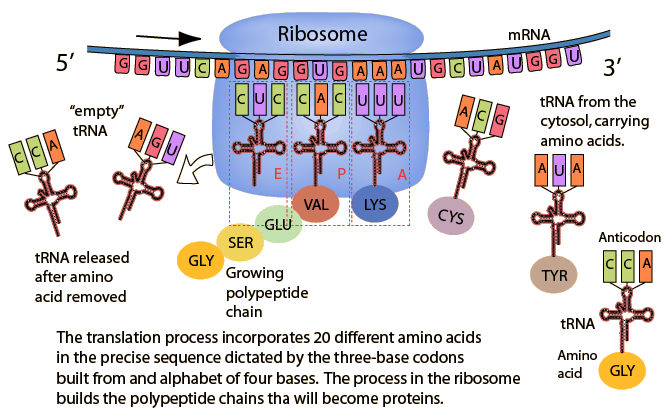Blog
1: Write a 500-word reflection on the article "Deaf by Design"
and the video "Sound & Fury" answering one or more of the
following questions: Is it more of a blessing or a curse to have the
ability to alter our genetic codes? Do the deafs have as much right as
the rest of us to abort a fetus that is, in their view, disabled? Is
"disability" a relative term? What constitute to a person's
disability? Is it in Heather's best interest to be raised as the only hearing
child in the family? Justified.
Science
has evolved over time and has improved our health in various ways. One of the
more recent scientific advantages is the ability to genetically modify DNA.
This advance in science is great as it can possibly eliminate negative
mutations, disease and screen for other concerns parents and doctors may have.
However, the power to manipulate DNA is also a curse as some may wish to
“create” their child; it may reach a point in which people ask whether or not
there is the right to choose our future children’s hair or eye color.
Although
this idea seems extreme, it is something that is creating controversy that can
be exemplified in the article Deaf by
Design, in which the idea of genetically manipulating DNA to ensure a deaf
child is born to deaf couples. In my view point, I believe that genetically
modifying children to be deaf is not right as it is taking away one of 5 senses
that all humans deserve to have. In some way, it is creating a disabled child;
which leads to the question what does being disabled mean.
According
to dictionary.com a disability is
defined as a physical or mental handicap, especially one that prevents a person
from living a full, normal life or from holding a gainful job (1). In this
sense, being deaf is a disability since “normal” people can hear and being deaf
may prevent those from attaining or maintaining a job. This idea of living a
difficult and harder life was even seen in the video “Sound and Fury” when the
grandfather admitted it was difficult for him to get a job and how it was also
difficult for the father to get friends. I believe that being deaf or blind or
any loss of the five senses is a disability as it inhibits quality of life. The
difference is accepting the disability and cooping with it in harmony, which is
what the deaf community has done so well. They have dealt with their situation
so perfectly that they have forgotten that they are at a disadvantage from
“normal” people. Yes, their culture and way of live is more intimate and
expressional but ultimately, their life is harder and at a disadvantage and,
from the movie, each person had difficulty in their life but accepted it
because they had no other alternative.
On the contrary, a technological procedure called the
cochlear implant, an electronic device that is surgically implanted to allow
deaf or hard-of-hearing people the ability to hear (2). This device was the
main conflict in the film, Sound and Fury,
where a young 7 year old girl, Heather, wants this implant to hear but the
parents are against it in fear of Heather losing her deaf culture. I
understand her parents view points but I firmly agree with the grandmother’s
statement in which she cares for Heather’s future. Just like how a family may
migrate to Canada for a better life, Heather should be raised as the only
hearing child in the family. At 7, she already knows she wants the implant, she
wants to hear and she will inevitably use her ability to hear to help her
family. Additionally, hearing, to the deaf community, is like another language.
Something that she would use to aid her in the future but ultimately, she would
be strung back to the deaf community since her entire family is deaf thus, no
other way of communicating. It is like the immigrant child who speaks English
but automatically switches to their primary language when they enter the home
because that is their only way of communication in the home. Furthermore, the
cochlear implant is something that can be removed therefore allowing become
deaf whenever she wishes.
All in all, science should continue to advance but be
cautious when giving people too much power in DNA changing, having a disability
can become a blessing once a person accepts it and a cochlear implant can give
individuals, like Heather the ability to hear which can greatly improve
hard-of-hearing people.
(1) http://dictionary.reference.com/browse/disability?s=t
(2) http://www.nidcd.nih.gov/health/hearing/pages/coch.aspx

